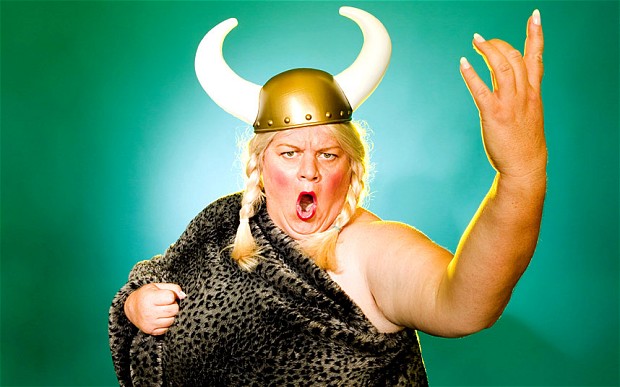There are natural limitations of the human voice which present us with challenges. Amongst these are the difficulty of pitching by ear—as opposed to most instruments’ fingering or key systems—and the concomitant difficulty of realising fast moving lines. There are also the demands and constraints of the specifically Western classical vocal technique, which to at least some degree arose out of a need to project in relatively large spaces and over perhaps a full symphony orchestra.
Have these natural constraints, or indeed the traditional classical vocal training, led to a stagnation in the art of composing for the voice? Are these constraints incompatible with several prevalent concerns of modern composition (e.g., extended techniques, wide timbral ranges, disjunct melodies, atonality in general)?
Could amplification lead to more variety of vocal colour? Furthermore, could increased and more integrated use of amplification lead to a new vocal pedagogy that encourages a more personal development of the voice that can already be witnessed in the jazz/rock/pop scene?
If you believe that the classical voice is still useful to modern composition in its present form, then which properties of it should we draw from when writing new vocal music?
If, on the other hand, you believe that the classical voice is largely no longer relevant to modern composition, then which aspects of its technique should we now be leaving behind, which aspects can we retain, and which new techniques should we be looking to?
Posts in this composition seminars category are discussion points from the blog I maintain at the University of Edinburgh to support postgraduate composers’ work. They are loosely based on the Socratic method, using questions to interrogate and help develop individual compositional approaches and to stimulate critical thinking.

Leave a Reply